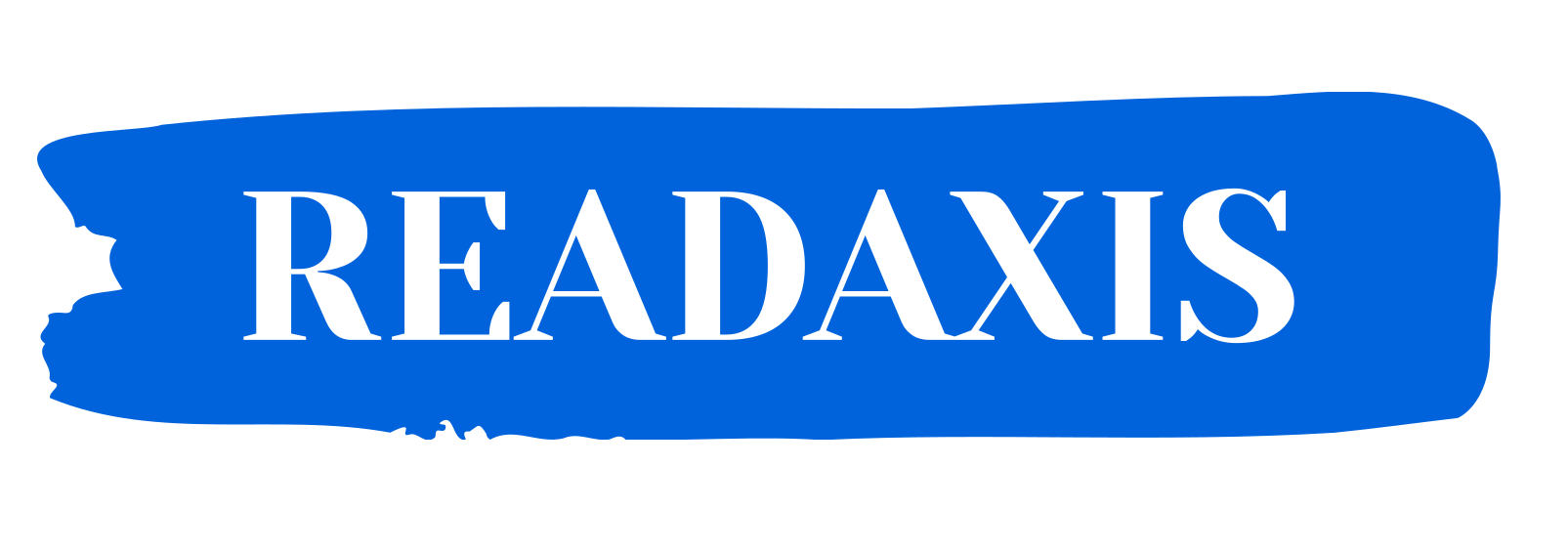Punctuation
Punctuation is much more valuable when writing and reading English, compared to when you are speaking English. Punctuation refers to a set of symbols used for indicating transitions or other specific purposes. (जब आप अंग्रेजी बोलते हैं तो उसकी तुलना में अंग्रेजी लिखते और पढ़ते समय विराम चिह्न अधिक महत्वपूर्ण होते हैं। विराम चिह्न से तात्पर्य संक्रमणों या अन्य विशिष्ट उद्देश्यों को इंगित करने के लिए उपयोग किए जाने वाले प्रतीकों के एक सेट से है।)
Essentially, there are certain things included while speaking English that cannot be written in words but they can be represented by these symbols. (अनिवार्य रूप से, अंग्रेजी बोलते समय कुछ ऐसी चीजें शामिल होती हैं जिन्हें शब्दों में नहीं लिखा जा सकता है लेकिन उन्हें इन प्रतीकों द्वारा दर्शाया जा सकता है।)
Even in these notes you have seem some punctuation marks like the comma (,) and full-stop (.). We will cover these and more punctuation that you may encounter while learning English.
| Punctuation Mark | Usage | Example |
| Period (.) | End declarative or imperative sentences | “I went to the store.” |
| Comma (,) | Separate items, connect clauses, set off intro elements | “She bought apples, oranges, and bananas.” |
| Question Mark (?) | End interrogative sentences | “Are you attending the seminar ?” |
| Exclamation Mark (!) | Express strong emotion or emphasis | “What a beautiful sunset!” |
| Colon (:) | Introduce a list or explanation | “There are three things I love: reading, walking, and listening to music.” |
| Semicolon (;) | Join closely related independent clauses | “He completed her assignment; then, she he for a walk.” |
| Quotation Marks (” ” or ‘ ‘) | Indicate direct speech, enclose titles | She said, “How are you doing ?.” |
| Apostrophe (‘) | Indicate possession, show omission in contractions | “John’s room” or “haven’t”(short for “have not”) |
| Hyphen (-) | Join words, especially in compound words | “well-known” or “high-speed” |
| Dash (— or -) | Set off information for emphasis or clarification | “The decision—made after careful thought—was ideal.” |
| Ellipsis (…) | Indicate omission of words, often for dramatic effect | “I am sorry for… well nothing.” |
